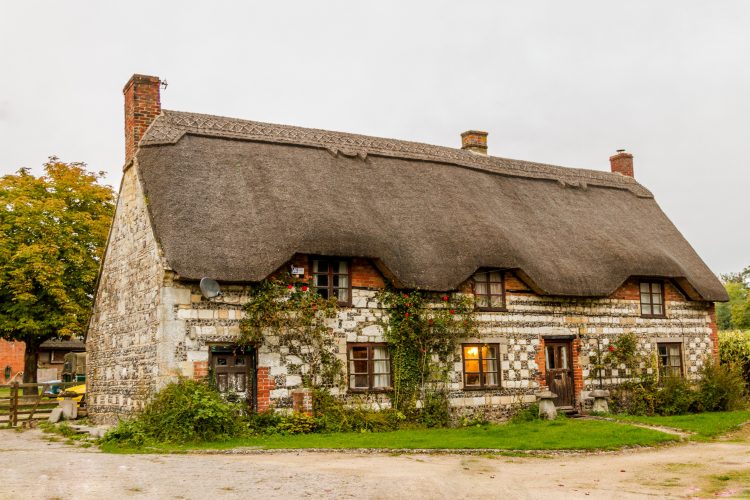The winter season is fast-approaching! With temperatures dropping and evenings getting longer, now’s the best time to carry out vital checks to make sure your property is winter-ready.
For a peaceful and comfortable winter, here are a few things that can help your property survive the cold (and colder) months:
Check for damages
One of the first things you should do is to check if there are damages on any part of your property. Some of the most common issues faced by property owners are damages to roofs, wooden structures, chimneys and water pipes.
To prevent your property from rotting and getting damp from heavy rains and snow, ensure that your roof and chimneys are in a good condition. Damages to these areas include cracks as well as missing tiles.
Due to cold temperature, water pipes have a high tendency to get frozen, split or burst which can cause leakage and other serious damage to your property. To avoid this, pipes should be checked if well-insulated and all heating systems are working properly.
If you spot any of these damages, make sure to get it fixed as soon as possible to avoid expensive repairs.
Clean the gutters and drains
Build-up of leaves and plants from autumn clog gutters and drains so it’s essential to conduct a quick bit of maintenance by clearing out the blockages and fitting some wire gutter guards to prevent future obstructions. These blockages can cause damp, overflows and water damage which may sometimes result in cracks to the property foundation and rotting of fascia boards. Excess water on gutters can also freeze over and cause dangerous patches of ice.
Sagging, presence of animals and pests, and stain marks on siding are some indicators that your gutters need some serious cleaning.
Maximise insulation, minimise condensation
During the winter season, condensation becomes more prevalent due to changes in temperature (cold temperature outside and central heating on the inside). In our previous discussion, we have mentioned that condensation can lead to various property damages such as mould growth, paint peeling, wet rot and plaster damage.
To minimise condensation, you have to ensure that you have properly insulated your property and to keep your surfaces warm at all times.
To know more about condensation, you can view our previous discussion here.
Written by Heidecel Serrano

